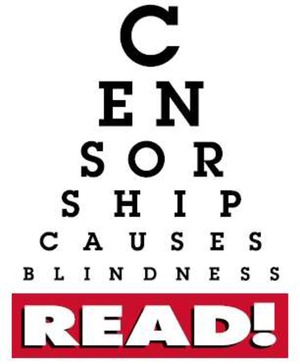‘FESSING UP
 Sunday, November 1, 2020 at 07:13PM
Sunday, November 1, 2020 at 07:13PM  One of the favorite pastimes of adult children around the Thanksgiving table or some other similar setting is telling their parents the truth about their childhood antics. Mysteries about who broke the china keepsake, how the fender on the new car got scraped, who started the famous fight, and why Billy came home smelling like cigarettes get paraded out into the open. Most of the time the revelations confirm mom and dad’s suspicions, but sometimes the truth shocks everyone in the family. It’s all great fun and my kids—all in their thirties—laugh their heads off. Sometimes they really get on a roll and rat each other out. Of course, they have to make sure that the grandkids are out of earshot.
One of the favorite pastimes of adult children around the Thanksgiving table or some other similar setting is telling their parents the truth about their childhood antics. Mysteries about who broke the china keepsake, how the fender on the new car got scraped, who started the famous fight, and why Billy came home smelling like cigarettes get paraded out into the open. Most of the time the revelations confirm mom and dad’s suspicions, but sometimes the truth shocks everyone in the family. It’s all great fun and my kids—all in their thirties—laugh their heads off. Sometimes they really get on a roll and rat each other out. Of course, they have to make sure that the grandkids are out of earshot.
Confession of minor crimes minus consequences make great entertainment. Back when the transgressions happened, however, a totally different atmosphere would have prevailed. Then, lying, avoidance, coverup and blaming someone else dictated the response to the dreaded investigation. Show me a kid who subscribes to the thought that “honesty is the best policy,” and I’ll show you a child with a warped sense of propriety. Not really, but you know what I mean.
Now, let’s elevate the discussion to the public square. When read the work of journalists whose job is to report the truth but who engage in censorship, our childhood experiences kick in. We instinctively know what’s going on. Someone is playing games. Anyone who hides, manipulates, or otherwise refuses to disclose hard facts about a person or an incident reek of a coverup. If the story is inconsequential, it may not matter except for the principle of the thing. When a story contains explosive evidence of major crimes or of egregious behavior, then censorship becomes as offensive as the action itself. Regardless of the motive—protecting, diverting attention, or controlling the outcome—censoring is an affront to society. At this higher level, the raucous Thanksgiving table provides no levity. It only compounds the offense.
Totalitarian states maintain their vise-like grip on a population through rigid control over the news. A single despot or a cadre of oligarchs decide what will and what will not be reported. They make their decisions on their personal assessment of their desired outcome, not on revealing the raw facts of the case. No matter how noble the intent, it’s a dangerous practice, and it eventually corrupts the very society it pretends to serve. Filtered news inevitably benefits the person or persons who control the filter.
A democratic society lives and thrives on truth. It should be the public that decides how consequential the facts will be, not a few individuals who fancy themselves smarter, more qualified, or better positioned to make that decision. A free press has always been the hallmark of freedom. Whenever a group of arrogant, sanctimonious, and powerful people take over the dissemination of the news, we are no longer a free people with a free press. It is shocking that those involved in censorship have so little regard for the basic freedoms upon which this nation was built.
I now see evidence of censorship on a massive scale. People like me may scream “tell the truth” to the people in the press. It falls on deaf ears. They don’t have to listen. They know what’s “best” for us all. They are above us—or so they think. They know how we should vote. They know how we should talk. They know what we should watch. In the future, they may know what religion we should profess. They may know how much money we should make. They may know what kind of house we should have, where we should live, and what we should do for a living. All hail the powerful people who know how everyone should live their lives.
A word of caution. The traditions of free speech and a free press are deeply ingrained in this population. If this kind of thinking continues, major trouble lies on the horizon.

Reader Comments